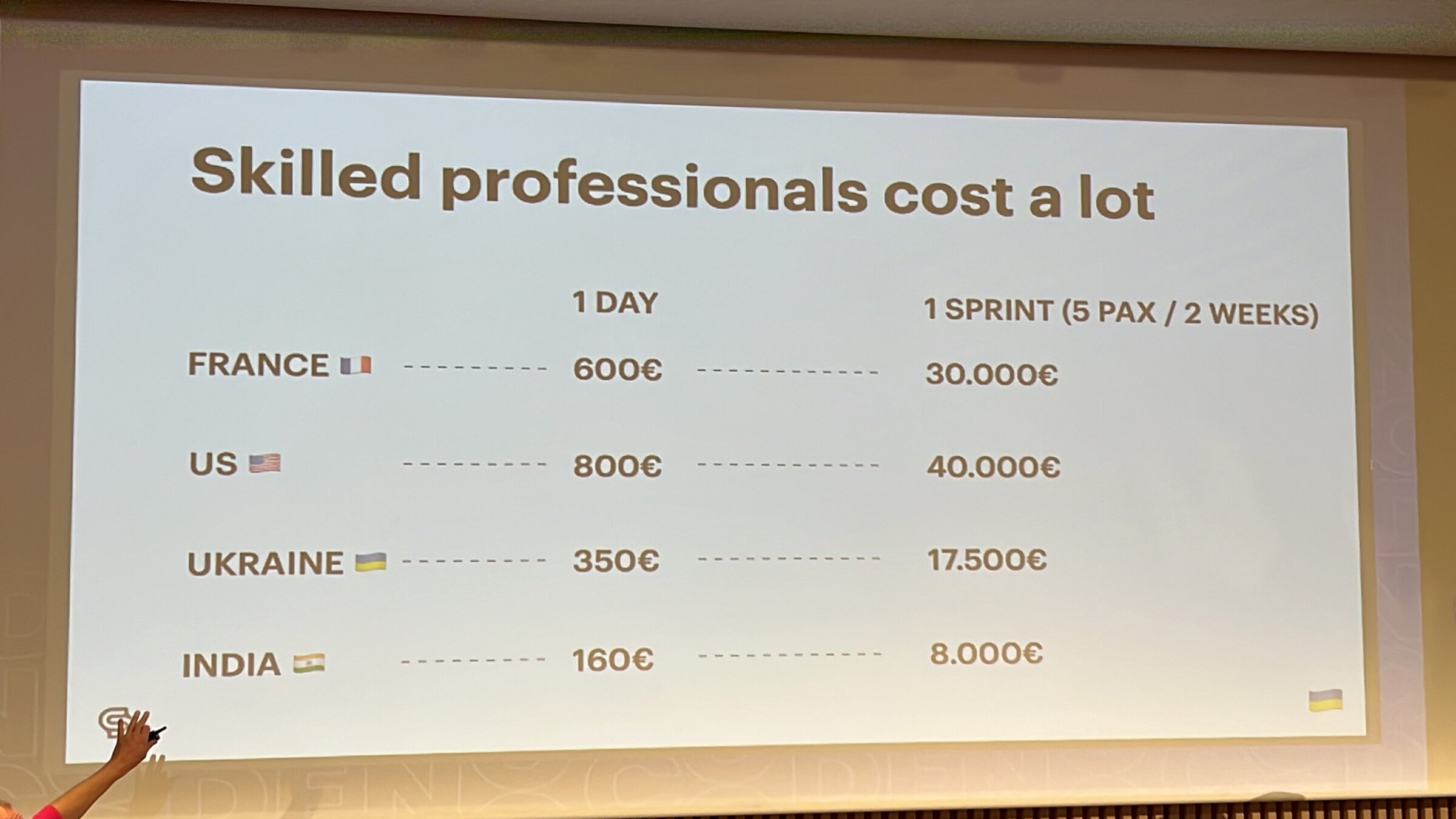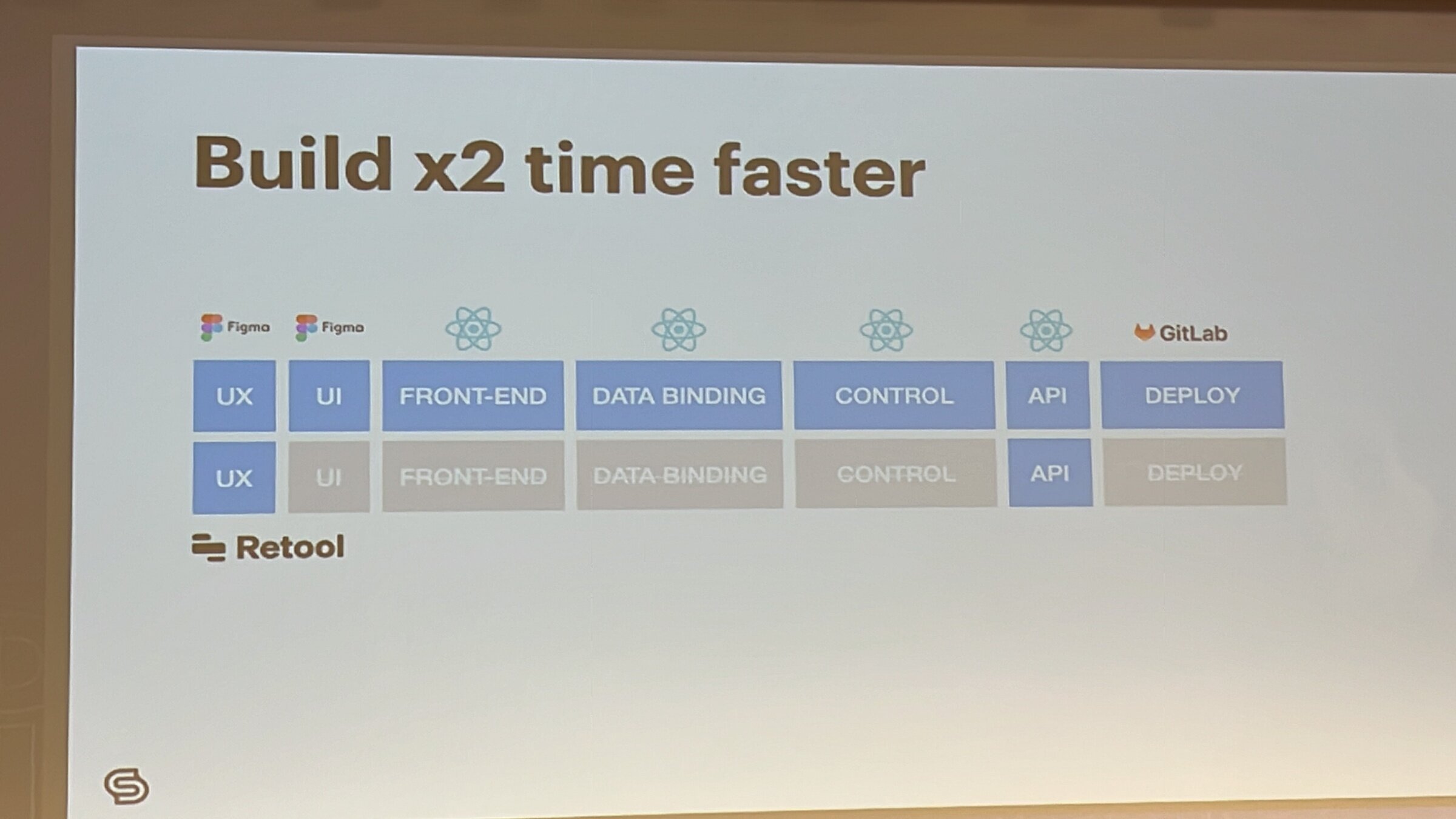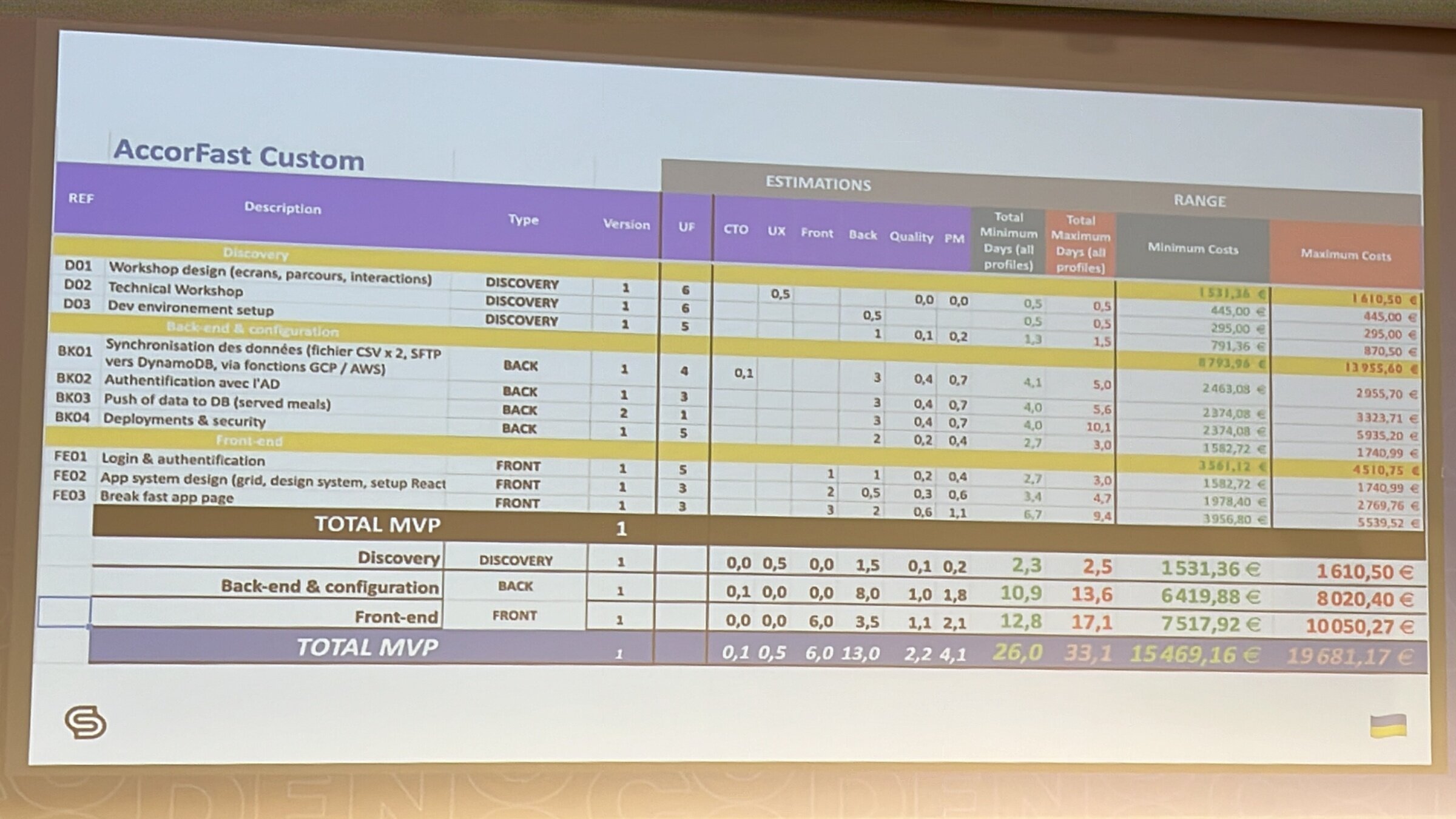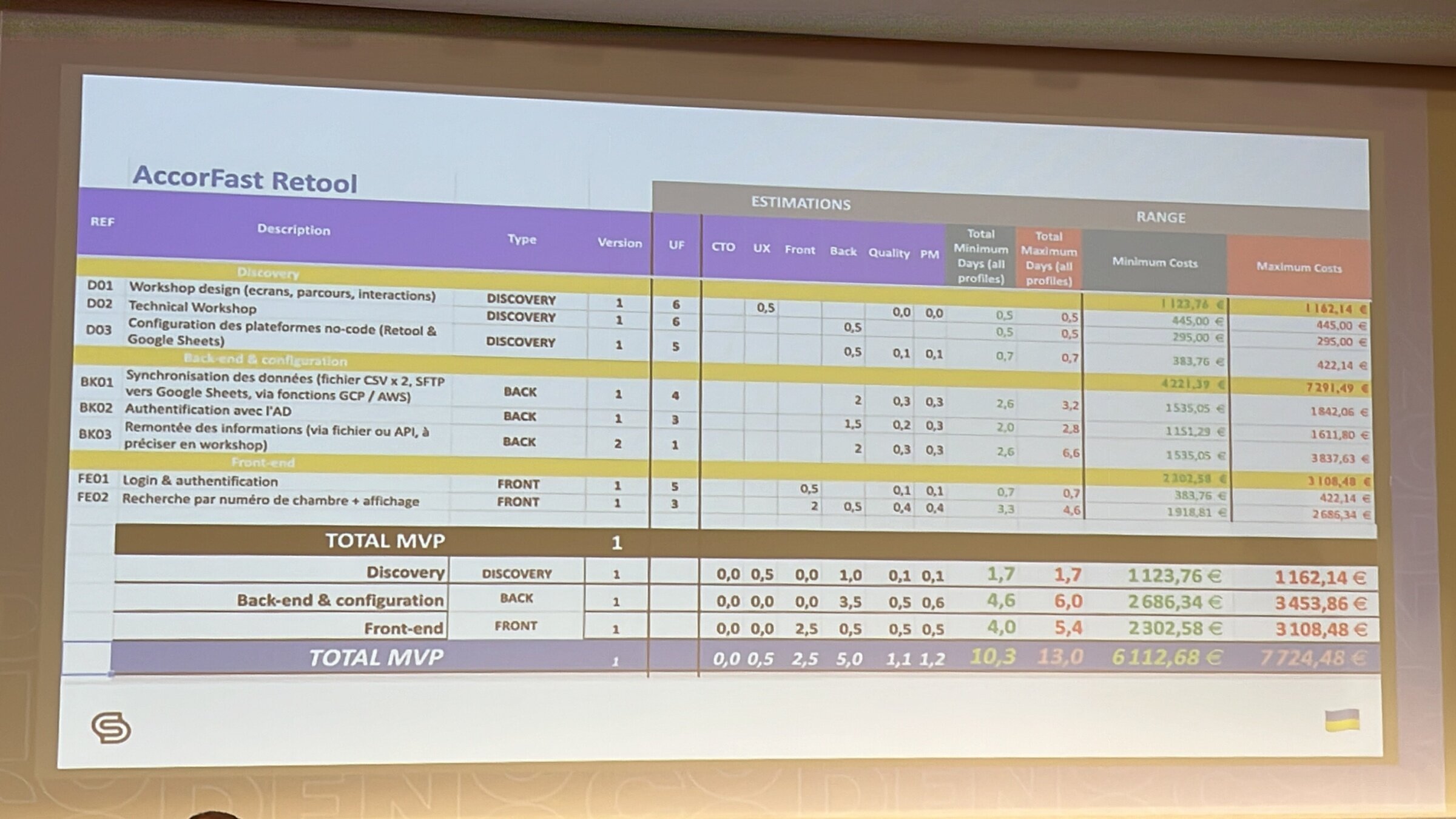No Code, No Problem?
Why you're in trouble, and why you should be excited.
The End is Near
Software development is drowning. Better start thinking about
upgrading your skillset.
The Robots are Coming
Robots are the new developers. They don't need sleep, food, or a social life. You don't stand a chance.
Code is for Chumps
"Why waste your time learning code when you can just drag and drop some blocks on a screen?" -- the non techies

Anyone Can Be a Developer
You don't need a degree or years of experience to build software anymore. Everyone is a developer now!
Death of Computer Languages?
Who needs Python or Java when you can just use a visual interface to build your app?

The Rise of the Citizen Developer
Now that everyone can build software, what makes you so special?
The New Heroes of Apps
Move over, software engineers. The new heroes of software development are the ones who never wrote a line of code in their lives.
The Future is Now
No-code/low-code platforms are already here, and they're only going to get more powerful. Are you ready?
Scenario 1: The Marketing Department is Taking Over
What do you mean the marketing team can build their own landing pages and email campaigns now?
Scenario 2: The CFO is Now a Developer
Great news, everyone! The CFO just built a budgeting app with a no-code platform. Time to update your resumes.
Scenario 3: The CEO is a Drag-and-Drop Prodigy
Your CEO just built an entire e-commerce platform with a low-code platform in a weekend. What have you been doing all this time?
The Rise of No-Code
No-code and low-code platforms are rapidly gaining popularity, with more and more companies adopting these technologies.


The Promise of No-Code
No-code platforms promise to democratize software development, allowing non-technical users to build and deploy applications with ease.

The Limitations of No-Code
No-code platforms are not a silver bullet, and have limitations in terms of complexity, customization, and scalability.
The Challenges of No-Code
While no-code platforms are powerful tools, they require new skills and mindsets to be successful, and can present challenges for organizations used to traditional software development methods.

The Impact on Developers
No-code platforms have the potential to significantly disrupt the software development industry, and developers will need to adapt to remain relevant.
The Opportunities for Developers
While no-code platforms may threaten some traditional development roles, they also present new opportunities for developers to leverage their expertise in new and innovative ways.
Business Opportunities with NoCode
Rapid Prototyping
MVPs building
NoCode can help you build a prototype much faster than writing code from scratch.
Augmenting/Integrating NoCode with Custom Code
NoCode platforms can be used to create the frontend or backend of a system, while custom code is used to create the other components.
NoCode can be used to add new functionality to existing systems, without having to write custom code.
Training New Citizen Makers
Using NoCode can be a great way to teach, share and lead non-tech people to new concepts without having to dive into the code.
Creating a Hybrid Skillset
By combining their existing programming knowledge with an understanding of nocode and lowcode tools, engineers can become more versatile and valuable assets to businesses.
Then, by helping companies choose the right tools and providing support with custom integrations and configurations, engineers can capitalize on the growing demand for nocode and lowcode development.
Building a Nocode Product
NoCode can also be embraced by developers who build their own platform as a product to help regular humans ship apps.
Market Trends
CMS - Webflow 3.5M users, $4B valuation
- Backend-less content
- Targets Community builders, facing wordpress, gumroad
- Most wanted for: GDPR, component marketplace, multi language, faceted search
- Predictions: acquisition by Adobe, Intuit, hubspot? Webflow will become more flexible, with better integration of IT infrastructure (SSO, APIs, Workflows, E-Commerce)
Market Trends
All in One tools
Bubble — 2M customers, 10yrs old
- Marketplace, social networks, CRM, SMB
- Relying on new network of agencies through certifications and partnerships
- Predictions: no growth, struggles with performance and support. New templates boosting.
Market Trends
Internal apps - Retool — 500k apps
- Api/Tables databases, admin panels
- Competition: appsmith_, tooljet, saltcorns
- Predictions: mobile apps support, ETL, more dev friendly features

Industry Adoption
- Healthcare: doctoclass (Softr+Airtable)
- Banking: Qonto (AdminForest)
- Insurance: Allianz (Mendix)
- Government: Jemangelocal (baserow)
- Startup: Pingflow (baserow+n8n)





Use Cases
What is built
- Dashboards
- Admin panels
- Data entry / Mapping
- Customer support apps
- Resource/Infra management
- Transaction / Refund management
- Approval queues
Use Cases
What is built
- Custom-built solutions
- Spreadsheets
- No-code/low-code
- BI / Visualization tools
- Backend Admin Libs




Go get them !
Thanks 😊